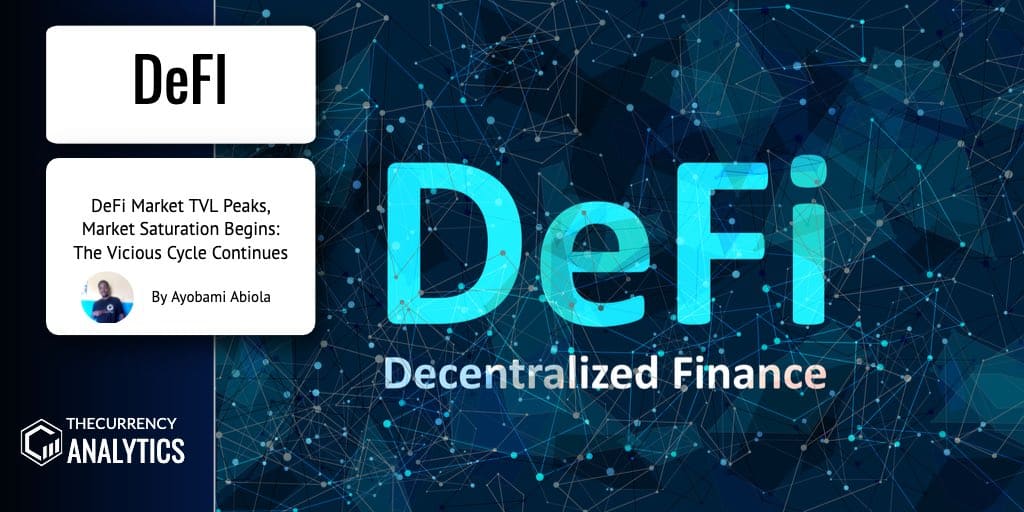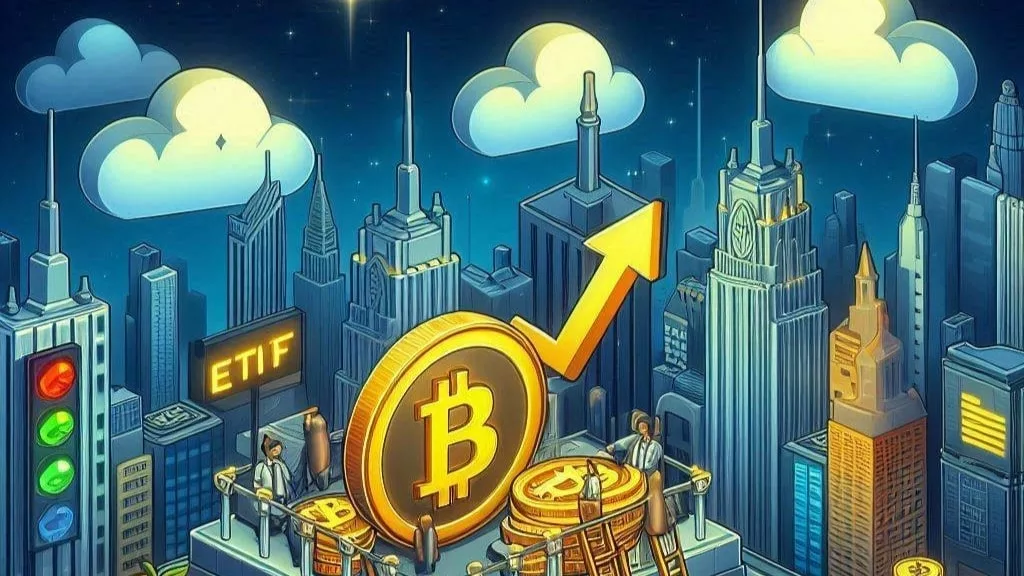
Decentralized Finance is here to stay, it has been a booming market since the beginning of the year. The Total Locked Value in DeFi protocols is now at a surprising 10.2 Billion USD according to the DeFi pulse. But, with its popularity comes a lot of scams that are quite unthinkable when people fall for it. There is no surprise though since everything that boomed so easily comes with a lot of downsides which lead to crisis.
1983 to 1985 which is known as the Video Game Crash of 1983 happened because a lot of low-quality video games saturated the market to the extent that households lost interest. Console games flooded the market making it so cheap- a market that peaked at 3.2 Billion USD in 1983 came crashing to only about 100 Million USD in 1985. If not for NES games that saved the day, many people’s childhood must have been too boring.
Fast forward 2017, Initial Coin Offerings came to life with more than 2000 offerings to attract investors. According to metrics, 2017 saw a $10 Billion ICO market while 2018 peaked at $11 Billion. But these all came crashing as only a few ICOs thrive today. What went wrong? You say. The ICO market was saturated with developers who had only ideas, a website, and a whitepaper. Most did not put enough work into what they believed. Others only started a project without having the necessary experience to run a successful project.
ICO transformed into Initial Exchange Offerings (IEO) in 2019 as trusted exchanges started assisting start-ups to collect funds but with a fee. It boomed for a while when investors believed exchanges will have done necessary and thorough due diligence so they will not be scammed. But even this proved unproductive in the long run as many crypto exchanges ran IEOs for the profit. Many used gimmicks and fake metrics to deceive investors. Some exchanges even scammed start-ups and made away with their funds. Though the IEO market is not as large as the ICO market, as it stands today, only strong projects gather enough funds.
Can you begin to see a trend in all of these?
DeFis are here promising a lot of goodies to investors. At the heart of many great DeFi protocols is a genuine mission to give to people what banks are not giving them. But with these great and popular projects, are a lot of happenings which have sliced the purses of many investors. We reported the saga with Sushiswap weeks ago, now, SUSHI that peaked at $11.93, according to Coinmarketcap is now at $0.598, an approximate of 82% loss at the time of writing. Many other low-quality DeFi protocols have sprung up in a matter of weeks, and many people gullibly entered their traps losing money at the end of the day. David Gokhshtein (@davidgokhshtein) stated on twitter:
“So I’m up to 63 review #crypto projects. Next up – http://Poo.Finance… I give up. #DeFi”
Many of the DeFis that are springing up recently are only copies of the smart contracts of great ones that we all know and appreciate. They flaunt themself with anonymous team members and no clear vision. As it standards, all it takes to raise a few hundred thousand bucks is only a copied smart contract (and a few tweaks if you are hardworking), and a website with few words to convince others.
Alex Manuskin (@amanusk_) warned investors on twitter not to approve infinite tokens for any random smart contract. He shared the story of Jhon Doe who lost $140,000 worth of Uniswap’s UNI tokens:
“If you are not yet convinced that you should NOT be approving infinite tokens to some random smart contract/Dapp, here’s a story of how Jhon Doe lost $140K worth of UNI in their sleep.”
He stated that Jhon only wanted to be the first beneficiary of a new fancy DeFi protocol. He made the mistake of approving that the smart contract should be able to withdraw an infinite amount of UNI on Metamask. But he didn’t know the repercussion:
“What Jhon doesn’t know, is that once you approved the contract to use ∞ tokens, the contract can take their tokens at any time. Even after they were withdrawn from the farming scheme… Introducing UniCat, the owner of the UniCats farm. UniCat is a greedy bastard. Not only was the whole thing a rug pull and a scam, it also wants to go after all the approved tokens of the users…”
The developer added a backdoor that takes all approved UNI tokens, swaps them for ETH on another exchange, and changes the smart contract address after the harm has been done to attract other prey.
Giving a statement on twitter about DeFi market saturation and how investors should guard themselves against scams, Sydney Ifergan, The Currency Analytics Founder wrote:
“Too Many DeFi Projects, the first ones were the most successful. With time, too many people are using this terminology to scam people. Make sure to make due diligence before you invest.”
The bubble of the current DeFi market may burst but the real ones will save the day. Stay Safe.


Get the latest Crypto & Blockchain News in your inbox.